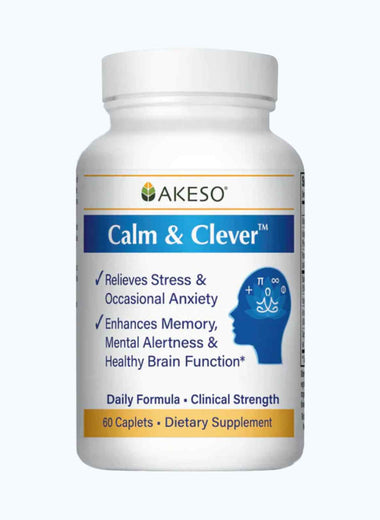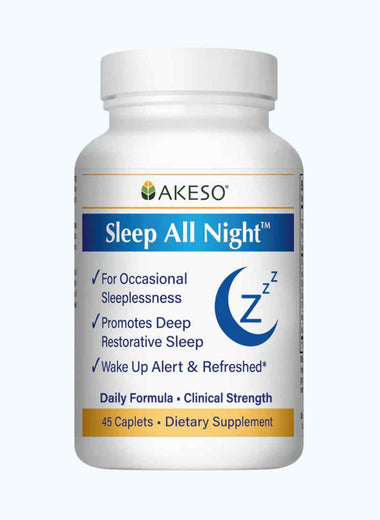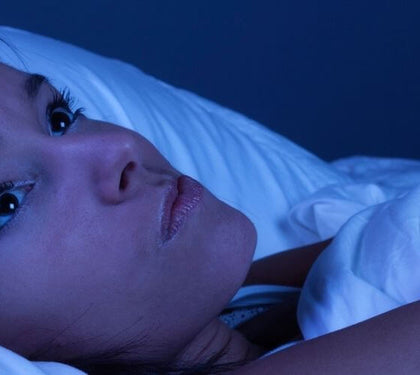1 in 10 or 30 million people a year in the U.S. take an anti-depressant drug. That is 1 out every 7 for women increasing to 1 out of 4 for woman of reproductive age. With such a massive amount of anti-depressants being prescribed, why are so many people feeling down and depressed? It’s simply because they don’t work.
Both physicians and consumers alike have been convinced that depression is an imbalance of the neurotransmitter serotonin in our brains and that anti-depressant drugs correct this imbalance and make us feel better and less depressed. For people suffering with mild to moderate depression this is just not true! There are only 2 countries in the entire world that allow pharmaceutical companies to advertise directly to consumers, the U.S. and New Zealand. This allows the huge companies to convince us that we need their drugs to “cure” what ails us.
Symptoms of depression include loss of pleasure in all or most activities, diminished concentration, change in appetite, significant weight change, loss of motivation, difficulty making decisions, disturbed sleep patterns and low self-esteem and feelings of guilt or worthlessness.
THERE IS NO LEGITIMATE SCIENCE TO SUGGEST THAT DEPRESSION HAS ANYTHING TO DO WITH A CHEMICAL IMBALANCE IN OUR BRAIN!
In fact, a major study published in 2010 in the Journal of the American Medical Association found that these drugs were no more effective than a sugar pill. Considering that the drugs are incredibly habit-forming and increase the risk of suicide by 400%, why would any doctor prescribe them and any informed patient take them?
In a more recent 2015 study published in the Journal of Contemporary Clinical Trials, a Harvard medical psychiatrist, Dr. Irving Kirsch stated that anti-depressant drugs have no detectable clinical benefit to patients and that any clinical benefit was probably due to the placebo affect.
So in reality, the drug companies took advantage of this healing placebo effect and created a multi-billion dollar a year profit center. It has been shown in studies that people who are given a sugar-pill (placebo) and for unrelated reasons develop a side-effect think they must be on the active medicine and in fact their depression improves more quickly than the people actually on the prescription medicine. The power of thoughts and belief are actually causing the healing and not the drug.
Depression is a symptom NOT A SEROTONIN-BRAIN IMBALANCE.
Low serotonin has never been proven in scientific studies to cause depression. However, high serotonin has been linked to schizophrenia and autism. In fact it has been shown in multiple clinical studies that use of anti-depressant medications have worsened the course of mental illness while at the same time, increasing the risk of liver damage, bleeding, weight gain, sexual dysfunction, suicide and homicide. It has also been shown that tapering off of these drugs is more difficult than trying to quit alcohol or opiates. So if you are taking anti-depressants and want to quit or taper off, you should do it with the help of a physician.
BEATING DEPRESSION
Depression is our body’s way of telling us something we are doing, not doing or ingesting is causing a body-wide imbalance not just in the brain.
Some very well trained integrative psychiatrists trained at schools like MIT, Cornell and Stanford have been curing depression without using one prescription anti-depressant drug.
Here are some of the things they have patients do to achieve these impressive results:
- Change diet
- Eliminate high pesticide foods and GMO’s. (Genetically Modified Organism). The herbicides used to grow these GMOs are health threatening for many reasons and they disrupt your gut bacteria which are in direct communication with your brain.
- Eliminate dairy and gluten.
To learn which foods have the highest pesticide levels go to EWG.org
To learn learn which food are gluten free go to glutenfreeschool.com
To learn which foods are GMO free go to nongmoshoppingguide.com
- Aerobic exercise 15-30 minutes a day
- Sunlight exposure at least 10-15 minutes per day
- Avoid alcohol and caffeine
- Avoid sugar (read your labels). Studies show even women with no prior history of depression are at increased risk when their sugar intake was high
- Get 6-8 hours of sleep depending upon your own individual needs.
Supplements that may help to reduce or prevent depression:
- 3 grams of high quality fish oils containing EPA and DHA totaling at leat 1500 mg.
- SAMEe enteric coated butanedisulfonate form 600 mg/day
- B-vitamin complex
- High quality probiotics to optimize your gut health
EXERCISE – It has been shown that exercise is as effective as the placebo affect that anti-depressants drugs yield but the rate of relapse for people benefiting from taking anti-depressants is 500% or 5 time higher than those that benefited from exercise. It has also been shown that adding drugs to an exercise regimen only lowered the benefits of exercise and increased the rate of recurrance of depression.
Some types of exercise that are known to help with depression are walking, preferably outdoors in nature such as a forest or grassy wooded area, yoga, and even weight lifting. Just get moving.
RELAXING BREATHING EXERCISE
A breathing technique known as the 4-7-8 technique can be a natural calming, tranquilizer for relaxation. Any time you are stressed or anxious stop to do this exercise:
- Place your tongue on the roof of your mouth behind your upper teeth and keep it there while you do the following;
- Breath through your mouth making a whooshing sound, the air will pass around your tongue and across the insides of your cheeks.
- Now close your mouth (with your tongue still in place) and inhale through your nose for 4 seconds, hold that breath for 7 seconds and slowly release your breath through your mouth for 8 seconds.
- Repeat these steps 4 times.
To really increase your chances of beating depression, remember to decrease your caffeine intake, and eliminate GMOs, sugar and gluten from your diet. Even if you don’t have Celiac disease you can be gluten sensitive and a number of psychiatrists and patients report incredible rates of curing depression in as little as 2 months when gluten is eliminated.
To the Best of Health,
Curt Hendrix, M.S., C.C.N., C.N.S.
More Info/Resources
Finding Help – Anxiety & Depression Association of America






